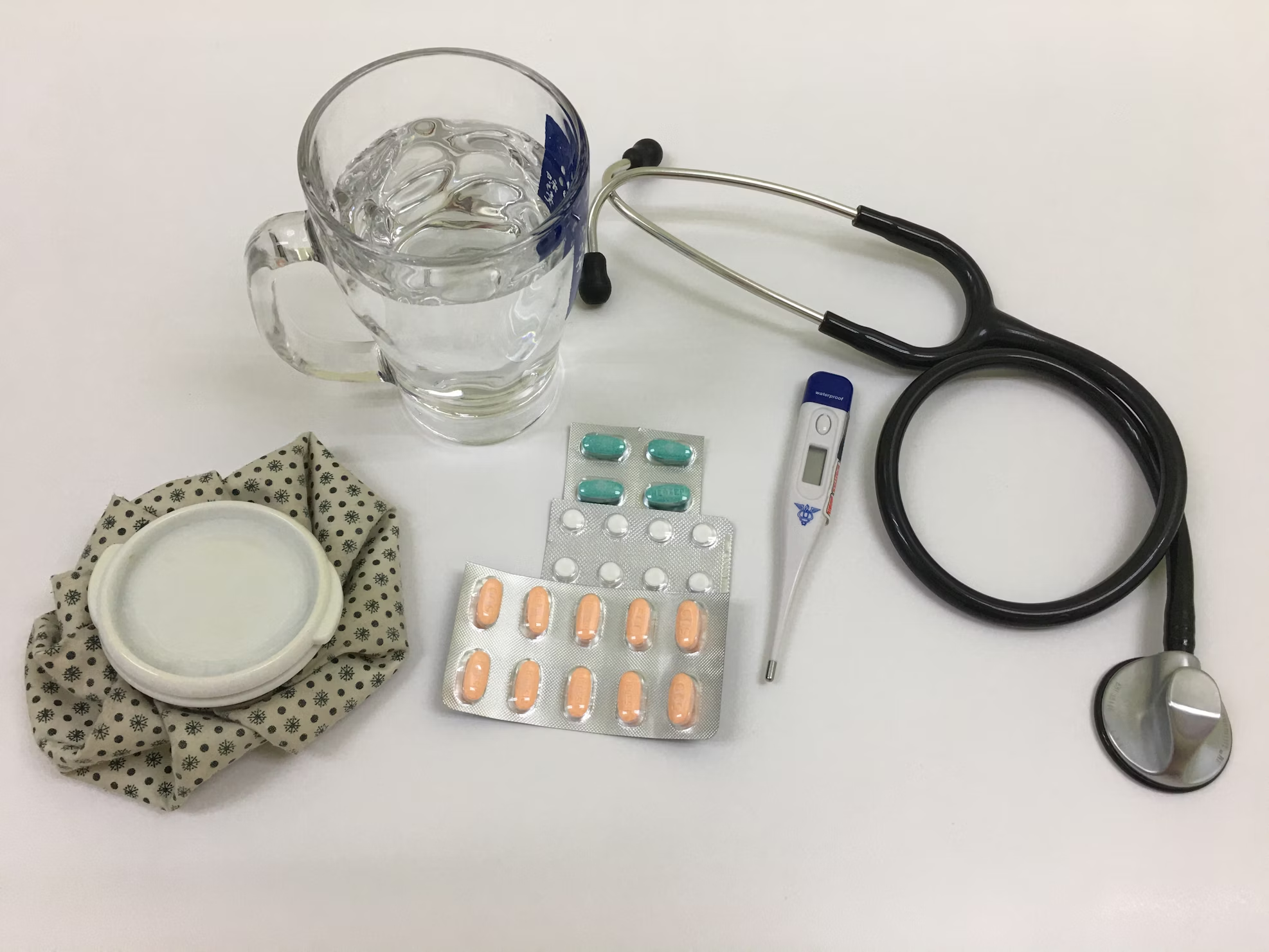Taking care of your elder or younger sibling as a caregiver is both a rewarding and a challenging experience. If you are a college student yourself, it’s natural to have a lot on your plate. Other than your regular college classes and tuition, you might have your dance or theater classes. Hence, balance is what you need to focus on while accomplishing this task.
Maybe your sibling had a bike accident and is recovering from severe bruises. Also, they might have had gallbladder surgery, low blood pressure, or any other temporary condition. Now that they are back home after the initial medical intervention, they need adequate care and attention. You should be by their side, both physically and emotionally.
Are you thinking about how to go about it? If so, this article will outline essential guidelines that you can follow.
Know Your Role as a Caregiver
All healthcare professionals and caregivers are aware of the fact that ‘there is always one’ of them doing the job. It means that in this critical situation in your family, you might be the one to shoulder the maximum responsibility.
Maybe your sibling is most comfortable around you. As a result, your parents might want you to be there for them for a speedy recovery.
The other reason to be ‘the one’ could be that you are a natural leader. You are good at exercising authority when needed and also providing space. Everything aside, perhaps you want to take care of your sibling out of love. Hence, you should be clear on the fact that you have to shell out time and energy for this service.
Refrain From Sharing What Disturbs Your Sibling
Do you and your sibling go to the same college? If so, you shouldn’t be talking about college to them in their recovery phase.
It’s because no one loves to lie sick in bed and hear about the exciting activities in college. It will make them feel low and dejected. They might refuse to have proper food, and it can hinder their recovery process.
Instead, tell them what they love to hear. For instance, tell them that they are recovering fast and share similar stories from the internet. Make sure they are from verified sources, as it will create the desired placebo effect. Also, you can watch movies together that are lighthearted and fun. It will elevate their mood and make them feel better.
Manage Stress and Anxiety
This applies to both you and your sibling. Being a college student, it’s natural to get stressed about semester exams and their preparations. Therefore, make sure you never attend to your sibling in a disturbed mind. Take some time to meditate, ground yourself, and detach from other responsibilities, and then be with them.
Similarly, if your sibling is recovering from a fatal bike injury, chances are the wounds will take time to heal. If they hurt their leg and aren’t able to walk, negative thoughts might come up, causing stress and tension. Try to relax them by letting them know they are slowly and steadily recovering.
Show them the medical check-ups that back it up. That way, they will feel at ease. Also, your sibling might behave irrationally and get triggered during the recovery phase. It’s because of the medicines and a long period of inaction. Exercise compassion when you deal with them to reduce your and their anxiety.
Take the Help of a Professional Nurse
Even when your sibling is out of danger, there might be bruises that need to be healed. Here, you can seek help from a professional nurse.
It’s a good idea to choose a nurse who already has a second-degree ABSN (Accelerated Bachelor of Science in Nursing). They are apt for pediatric nursing and can take good care of adolescents and the youth.
Ideally, an expert nurse with this degree will visit your sibling once or twice a week to check on their recovery. They will also assess how the pain-relieving, tissue-repairing, and other medicines are affecting their bodies.
Also, they can suggest medical tests, like X-rays or a blood work report, to assess your sibling’s health condition. In due course, they will add or subtract medicines or even add multivitamins if they deem fit.
If you have any doubt about your sibling’s health, you can share it with the nurse, and they will guide you better. Baylor University states that nurses with an ABSN degree are apt to step into this profession. They have undergone a rigorous and intensive course structure that trains them adequately to manage patients across all age spectrums.
Make a Routine for Your Sibling
Waking up at night and scrolling through Instagram is common among college students. Chances are your sibling, too, did the same before their accident or ailment. But now that they are in a recovery phase, they should sleep well and not stay awake for hours at night.
Hence, you need to take charge of their daily routine. Create one that will help them get 8 to 9 hours of sleep. This rest will restore the body and heal their wounds and illnesses quickly.
Also, ensure that they eat a healthy diet and on time, as you have to time the medicines accordingly. Make sure that they don’t miss any medicine and complete the full dose. Otherwise, it will come in the way of their recuperation.
In moments when you can’t be physically present, for instance, during exams or tuition classes, have someone else take charge.
On the whole, playing the role of a caregiver for your ailing sibling brings about a sense of satisfaction. Of course, there are ample responsibilities to tackle and ensure they are all executed correctly. But when you have the inner knowledge that you can, it is best to step into this role. If you aren’t aware of how to go about it, the pointers discussed above can help.
